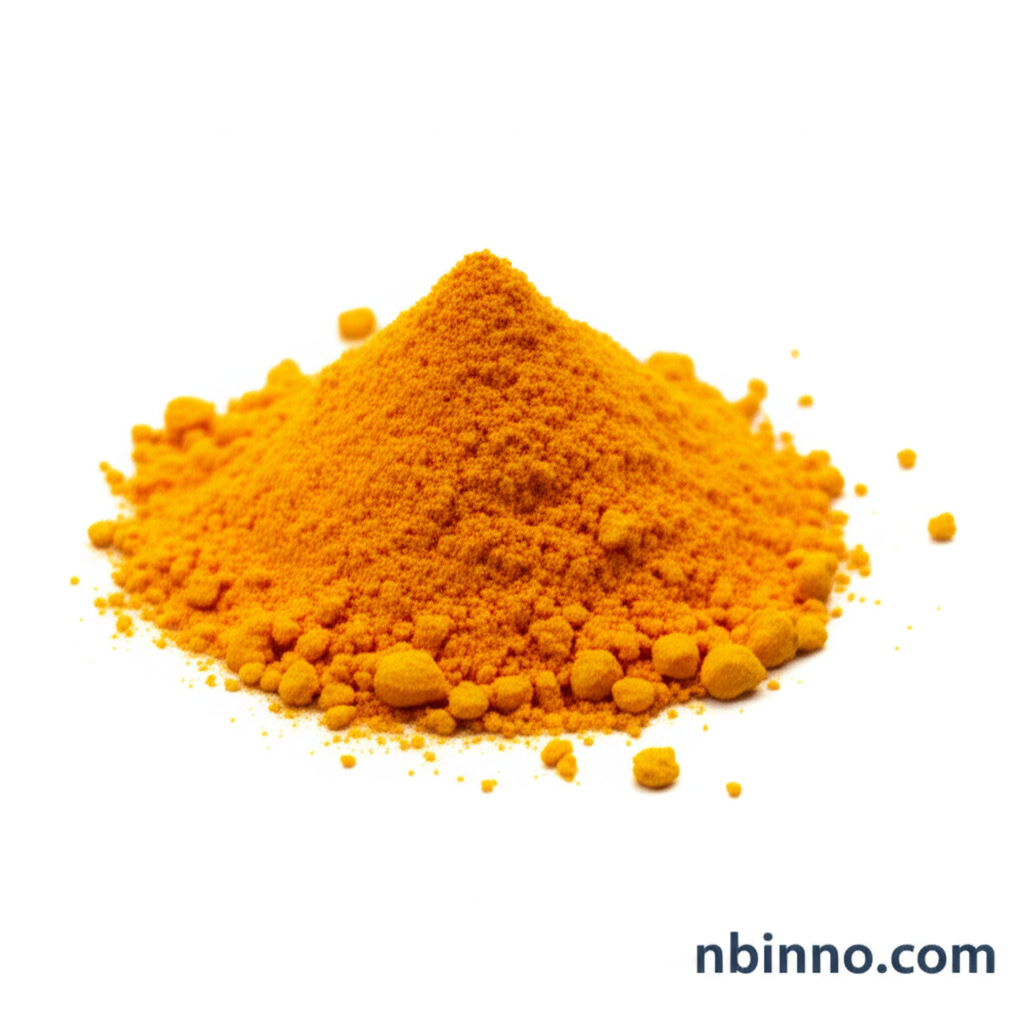2,5-Dibromo-3,4-dinitrothiophene: A Key Building Block for Organic Electronics and Advanced Materials
Unlock the potential of advanced materials with this versatile thiophene derivative, essential for cutting-edge electronic applications.
Get a Quote & SampleProduct Core Value

2,5-Dibromo-3,4-dinitrothiophene
This compound is a vital intermediate for synthesizing high-performance organic electronic materials. Its unique structure, featuring reactive bromine atoms at the 2 and 5 positions and electron-withdrawing nitro groups at the 3 and 4 positions, makes it exceptionally useful for creating materials with tailored electronic and optical properties.
- Explore the synthesis of organic semiconductor precursors with this key dinitrothiophene derivative, enabling the creation of advanced electronic devices.
- Utilize this compound in various cross-coupling reactions for OLED applications, facilitating the development of efficient light-emitting materials.
- Leverage the electron-withdrawing nature of nitro groups in thiophene derivatives for applications in organic solar cells, improving energy conversion efficiency.
- Discover the versatility of heterocyclic compounds in optoelectronics by employing 2,5-dibromo-3,4-dinitrothiophene as a foundational building block.
Advantages Provided by the Product
Enhanced Reactivity for Synthesis
The presence of bromine atoms at the 2 and 5 positions allows for facile participation in various cross-coupling reactions, crucial for building complex molecular architectures needed for next-generation organic electronic devices.
Tunable Electronic Properties
The electron-withdrawing nitro groups at the 3 and 4 positions significantly influence the compound's electronic characteristics, making it ideal for n-type semiconductor applications and for tuning the energy levels in optoelectronic materials.
Versatile Functionalization Pathways
Beyond cross-coupling, the nitro groups can be reduced to amino groups, opening up further synthetic routes for creating diverse heterocyclic compounds, expanding its utility in materials science and chemical research.
Key Applications
OLED Intermediate
This compound is a critical precursor in the synthesis of materials for Organic Light-Emitting Diodes (OLEDs), contributing to advancements in display and lighting technology.
Organic Solar Cells
Its derivatives are instrumental in developing efficient electron-deficient components for organic solar cells, enhancing power conversion efficiencies and material stability.
Photodetectors
Used in the synthesis of small molecule photodetectors, enabling high sensitivity and performance in light detection applications.
Materials Science Research
Serves as a foundational building block for novel materials, enabling researchers to explore new properties and functionalities in areas like advanced polymers and functional coatings.
